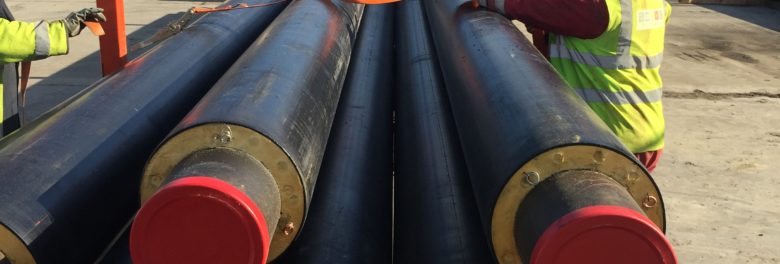
The Heat Networks Investment Project (HNIP) provides a new funding opportunity for private sector sponsors and owners of heat networks. The Department for Business, Enterprise and Industrial Strategy (BEIS) has made £320 million available to create a self-sustaining heat networks market in the form of grants and loans.
For private developers with eligible schemes, funding is most likely to be provided as a grant for the commercialisation phase, followed by a loan for the construction phase (loans at below market interest rates for a term up to 25 years).
Whilst this provides a potential opportunity for private housing developers, the eligibility criteria include some requirements which must be considered early:
- Projects must be sized to deliver a minimum 2GWh/year of heating and/or cooling (equivalent to 400-600 typical apartment annual space heating and domestic hot water demand).
- Communal heating, providing heat to a single, multi-tenanted property, is not eligible.
- Projects must be capable of demonstrating ‘additionality’. Funding will not be provided to help schemes simply to meet a planning obligation to incorporate a heat network. Additional future-proofing, innovative or best practice measures will be required to enable schemes mandated by planning obligations to leverage funding.
- Applicants must be able to demonstrate that their project would provide positive returns without HNIP support but that these returns are too low to justify investment without HNIP funding.
- Projects must be developed in line with best practice. This includes design, construction and operation in accordance with the CIBSE Heat Networks Code of Practice CP1:2015 and protection of customers through the Heat Trust consumer protection scheme.
Any project or phase of a project which has yet to develop past RIBA Stage 3 should consider whether it could benefit from HNIP funding with careful consideration of the eligibility criteria.
Posted on March 12th, 2019
Author: Matthew Bailey
Related services: Masterplanning & Strategy, Design Stage, Construction Stage, Post Construction & Commercial, Heat Network Performance Evaluation,